Your kitchen is the heart of your home, but it can easily become cluttered with unused or outdated items. Not only does this clutter take up valuable space, but it can also harbor bacteria and create an unhygienic environment.
Take a closer look at your kitchen and you might be surprised to find items that are past their prime, posing potential risks to your health and the quality of your cooking.
1. Chipped Dishware
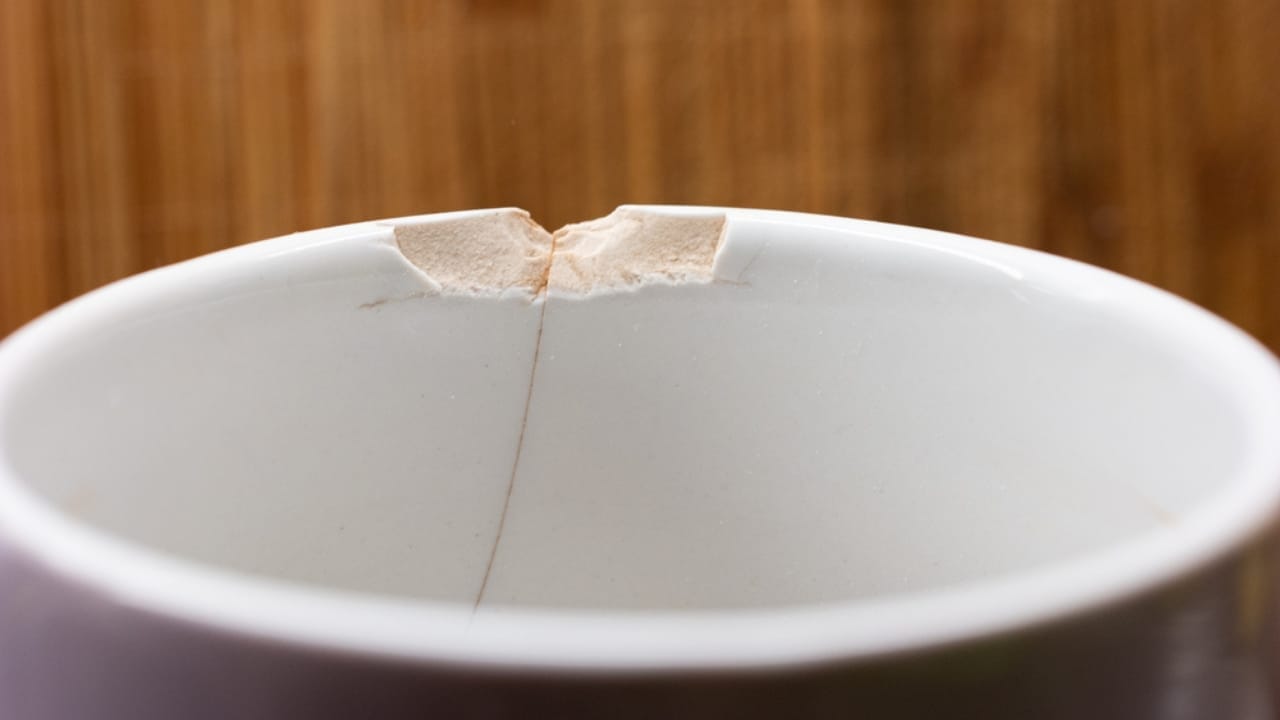
While seemingly harmless, chipped dishes pose a few risks. Small cracks and chips can harbor bacteria, making them difficult to clean thoroughly. Additionally, the sharp edges of chipped areas can cut or scratch your hands while washing or eating.
2. Expired Spices
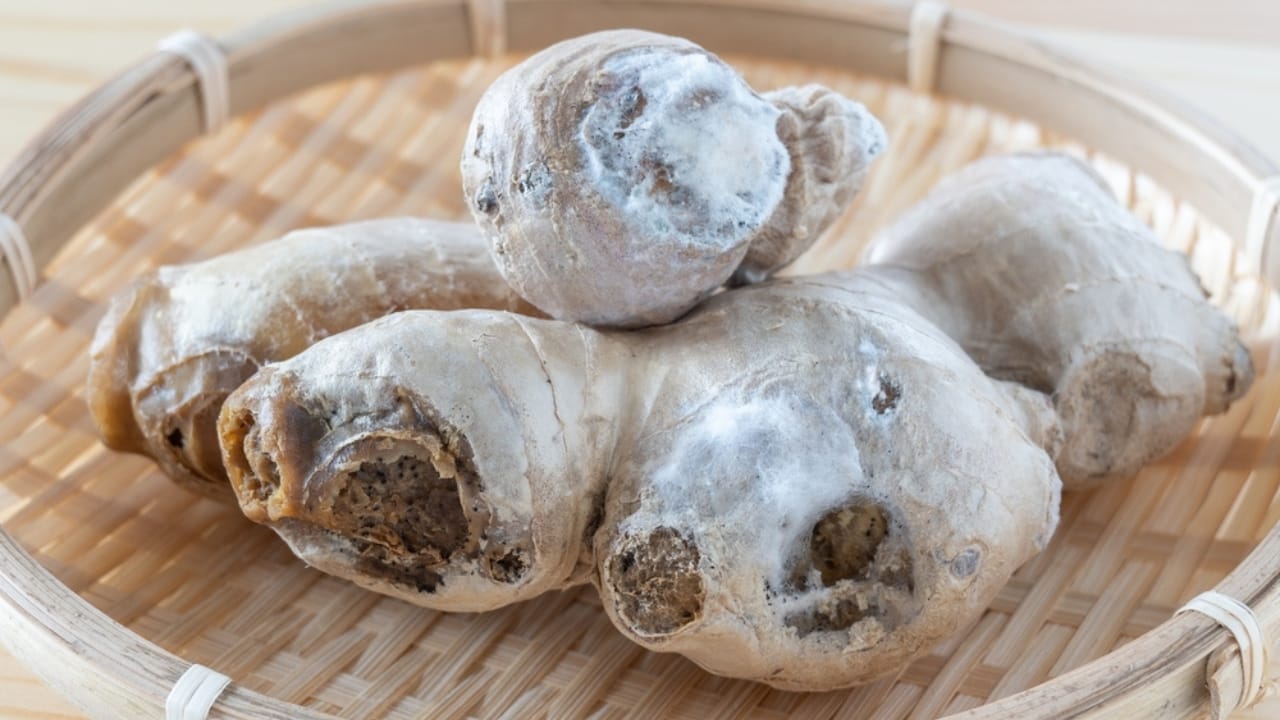
Over time, spices lose their potency and flavor. Using expired spices can lead to bland and unappetizing meals. Furthermore, some spices, like paprika and chili powder, can become rancid and develop an unpleasant taste when stored for too long.
3. Cracked Wooden Spoons
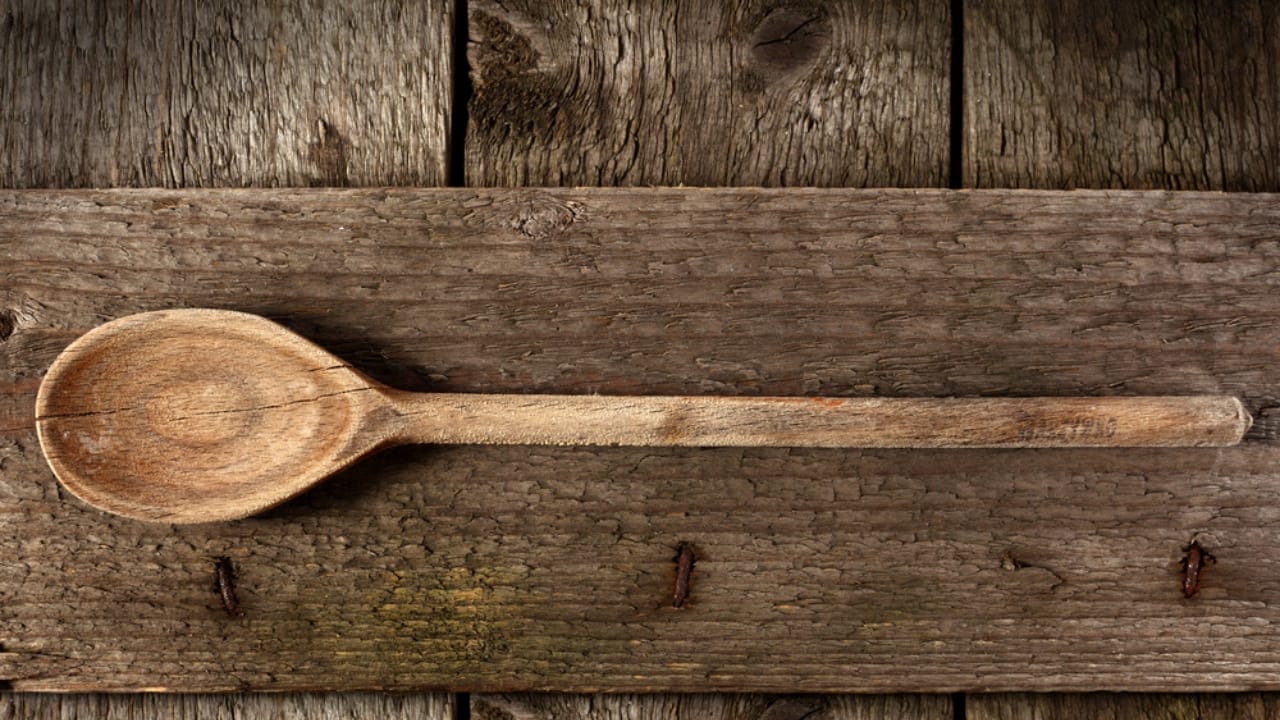
Wooden spoons are prone to cracking and splitting with prolonged use and exposure to moisture. These cracks can become breeding grounds for bacteria, making them unsafe for cooking and stirring food.
4. Unused Mugs
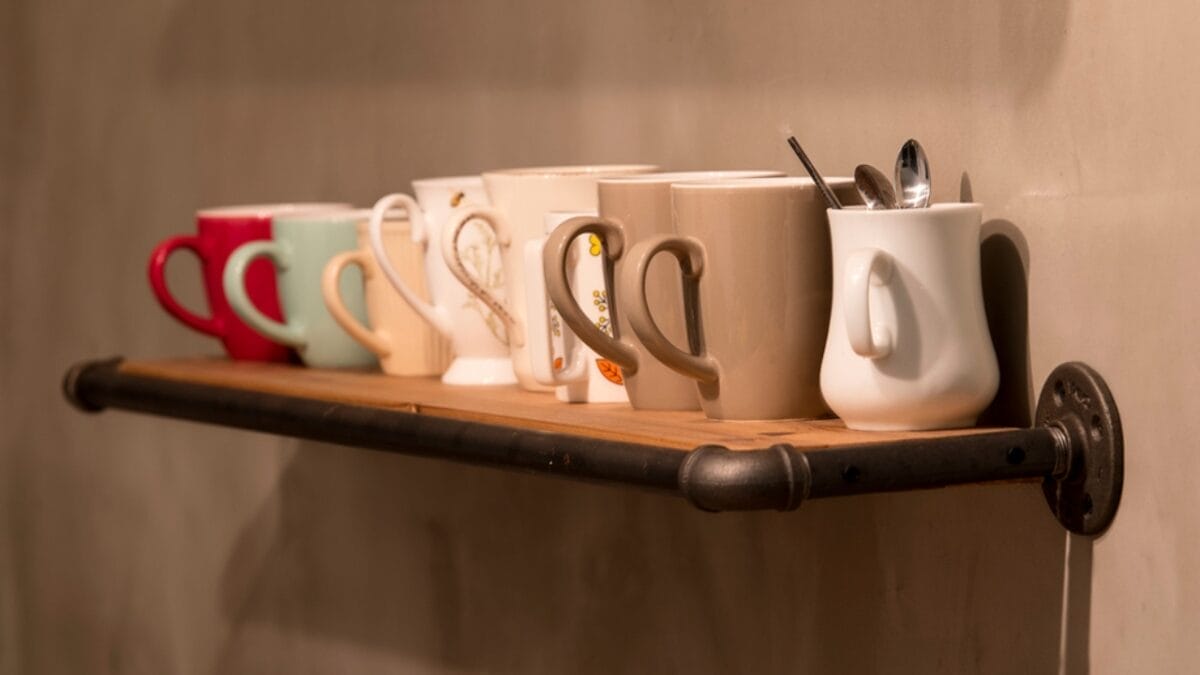
Excess mugs take up valuable cabinet space and contribute to a cluttered kitchen. If you have mugs that haven’t been used in months, consider donating them or giving them away to friends or family who might appreciate them.
5. Lidless Plastic Containers
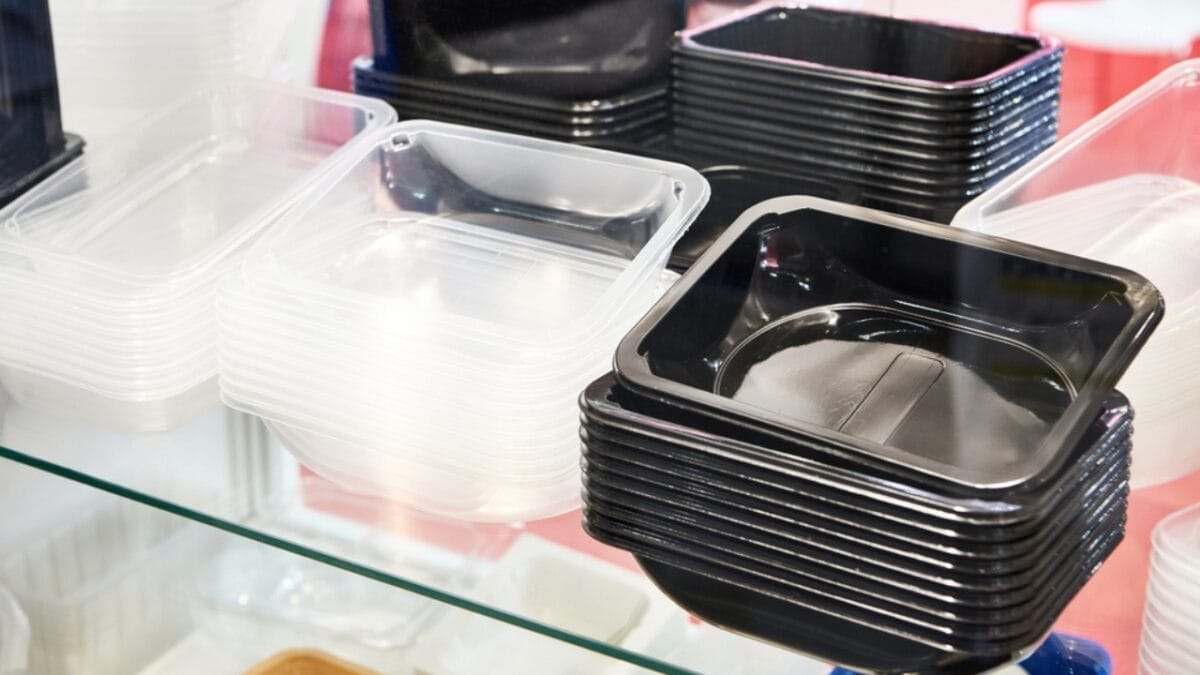
Plastic containers without lids are essentially useless for food storage. They cannot protect food from spills, contamination, or spoilage. These containers often end up cluttering drawers and cabinets, taking up valuable space.
It’s best to discard them and invest in containers with secure lids.
6. Peeling Non-Stick Pans
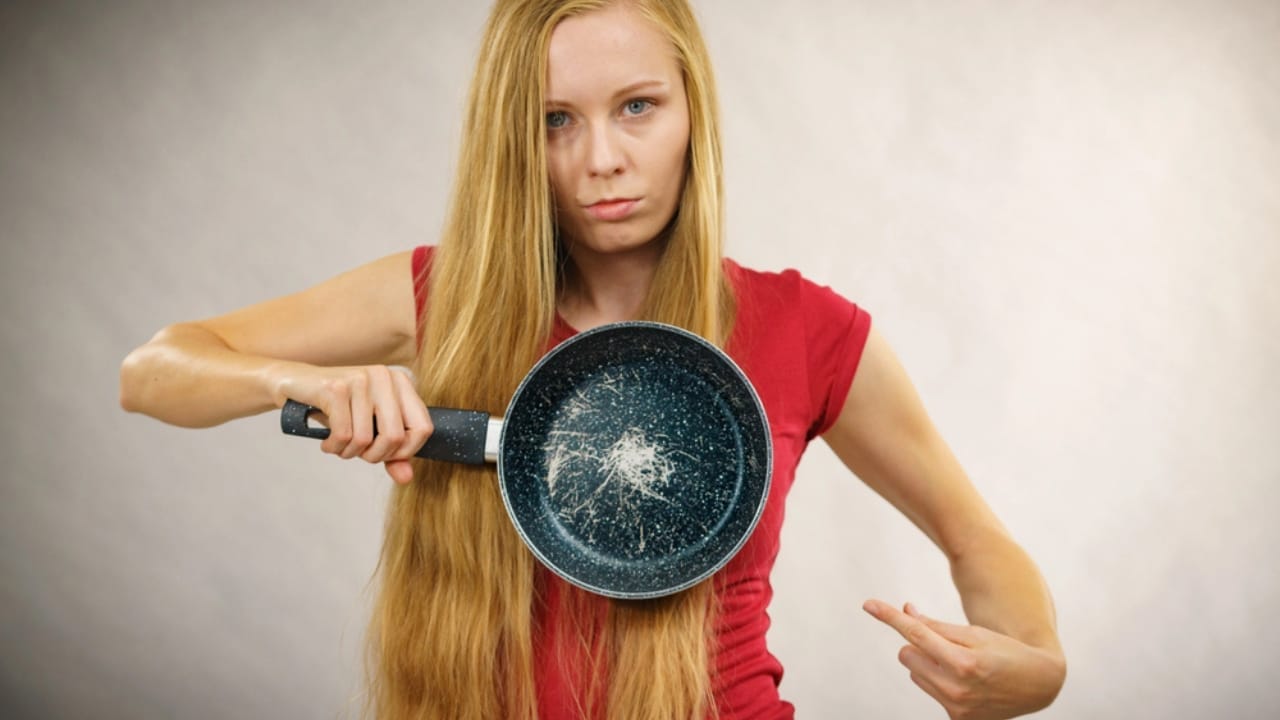
The non-stick coating on pans is designed to prevent food from sticking and make cleaning easier. However, when the coating starts to peel, it can flake off into your food, posing potential health risks.
Additionally, the peeling coating compromises the pan’s functionality, making it difficult to cook food evenly without sticking.
7. Scratched Cutting Boards
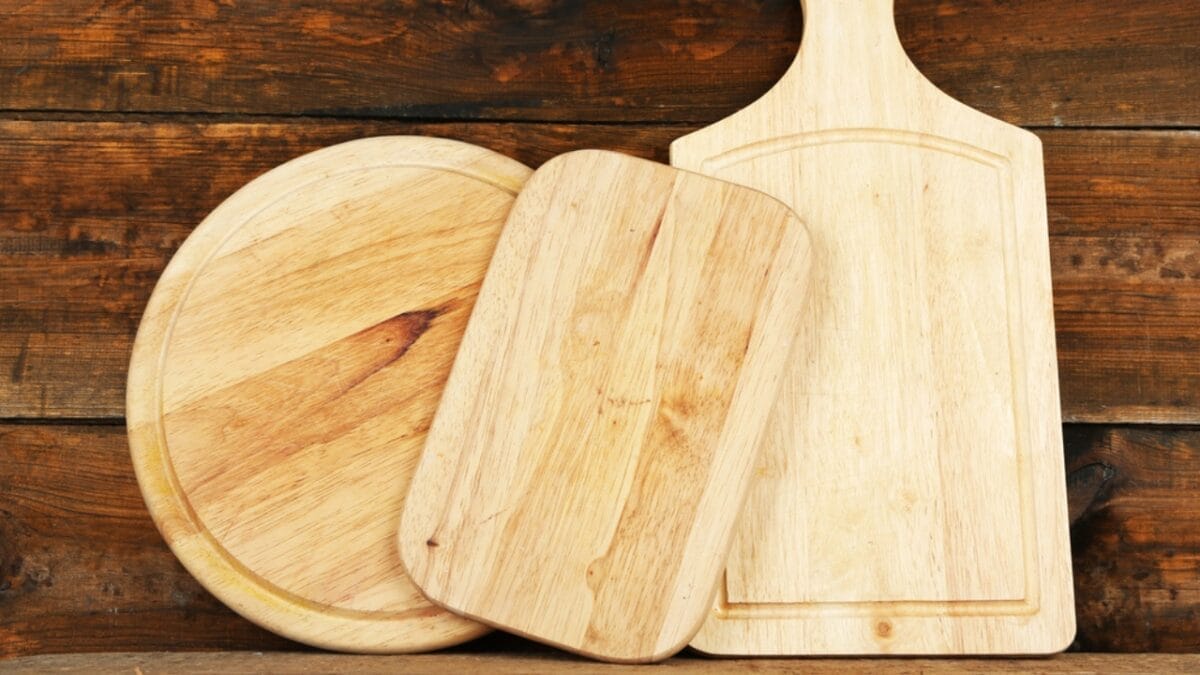
Deep scratches on cutting boards, especially wooden ones, create crevices where bacteria can thrive. These bacteria can contaminate food and potentially cause illness.
While minor scratches may not be a major concern, heavily scratched boards should be replaced to ensure food safety.
8. Worn Out Dish Towels
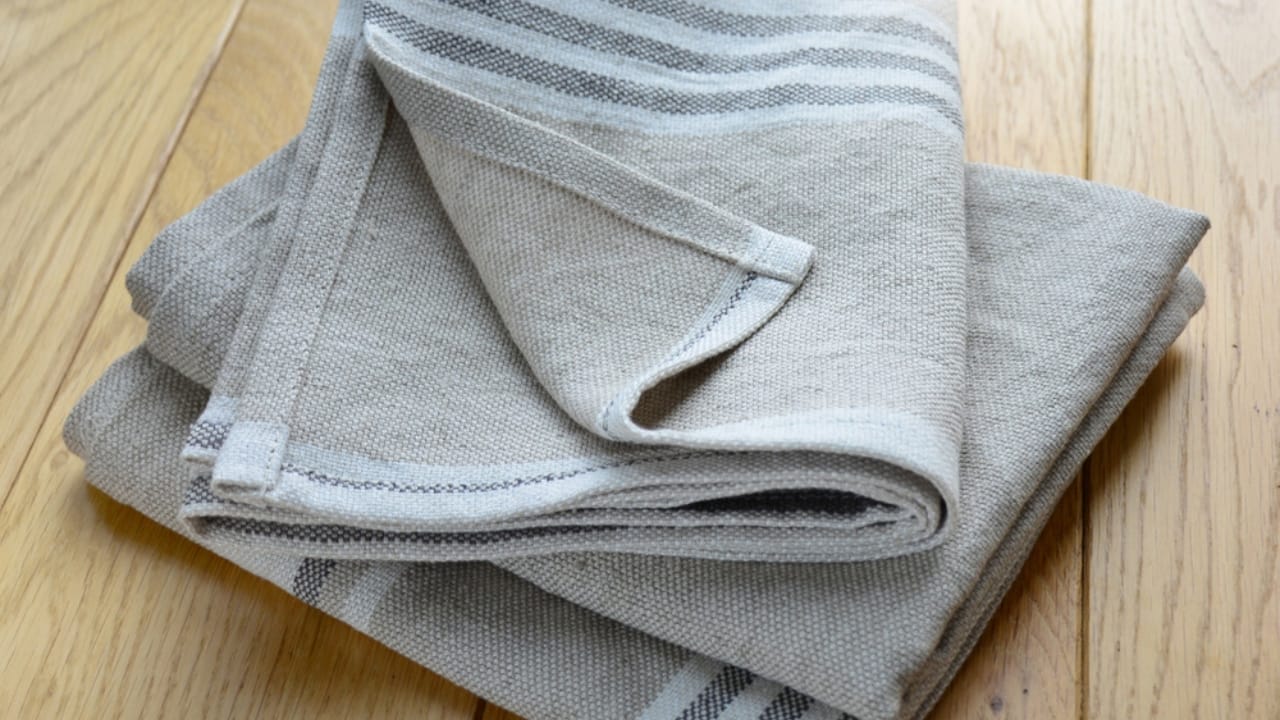
Overused dish towels can become breeding grounds for bacteria, especially if not washed and dried properly after each use. If your dish towels are stained, smelly, or have holes, it’s time to replace them with fresh ones.
9. Stained Plastic Food Storage Containers
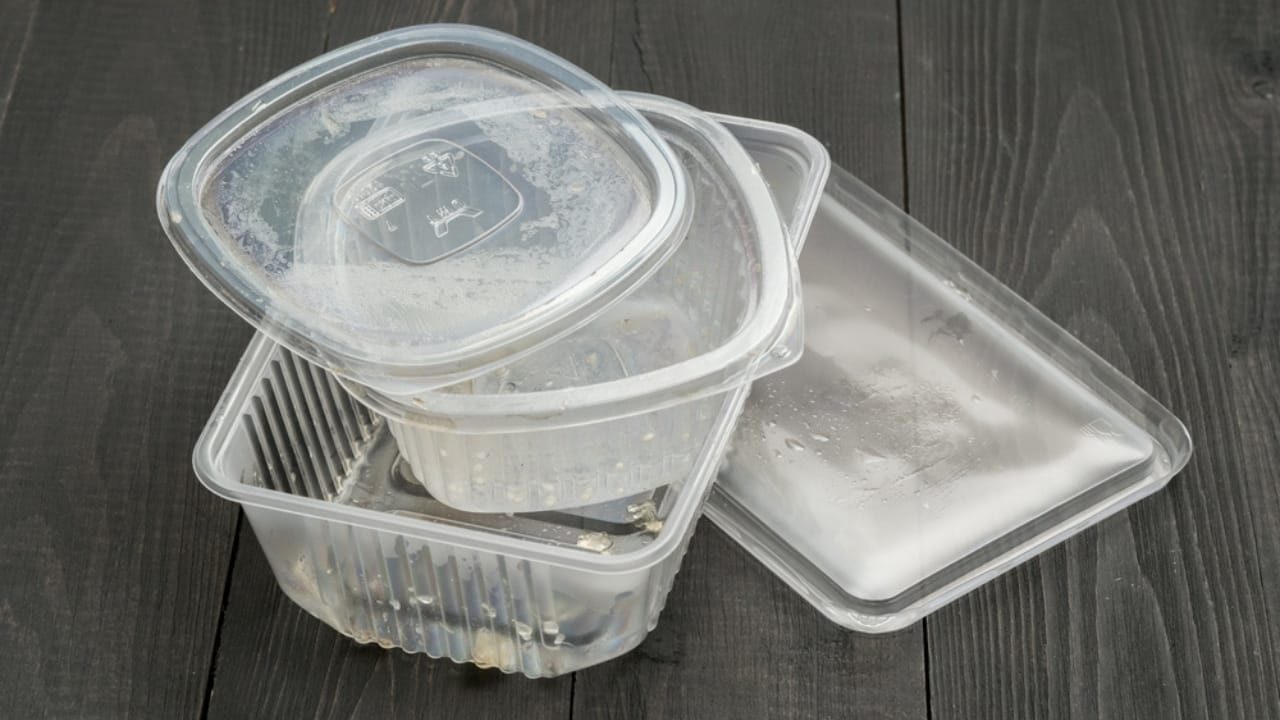
Stains from tomato sauce, curry, or other deeply pigmented foods can be difficult to remove from plastic containers. These stains can also harbor bacteria, making them less hygienic for storing food.
If your plastic containers are heavily stained, it’s best to discard them and opt for glass or stainless steel containers instead.
10. Broken or Warped Bakeware
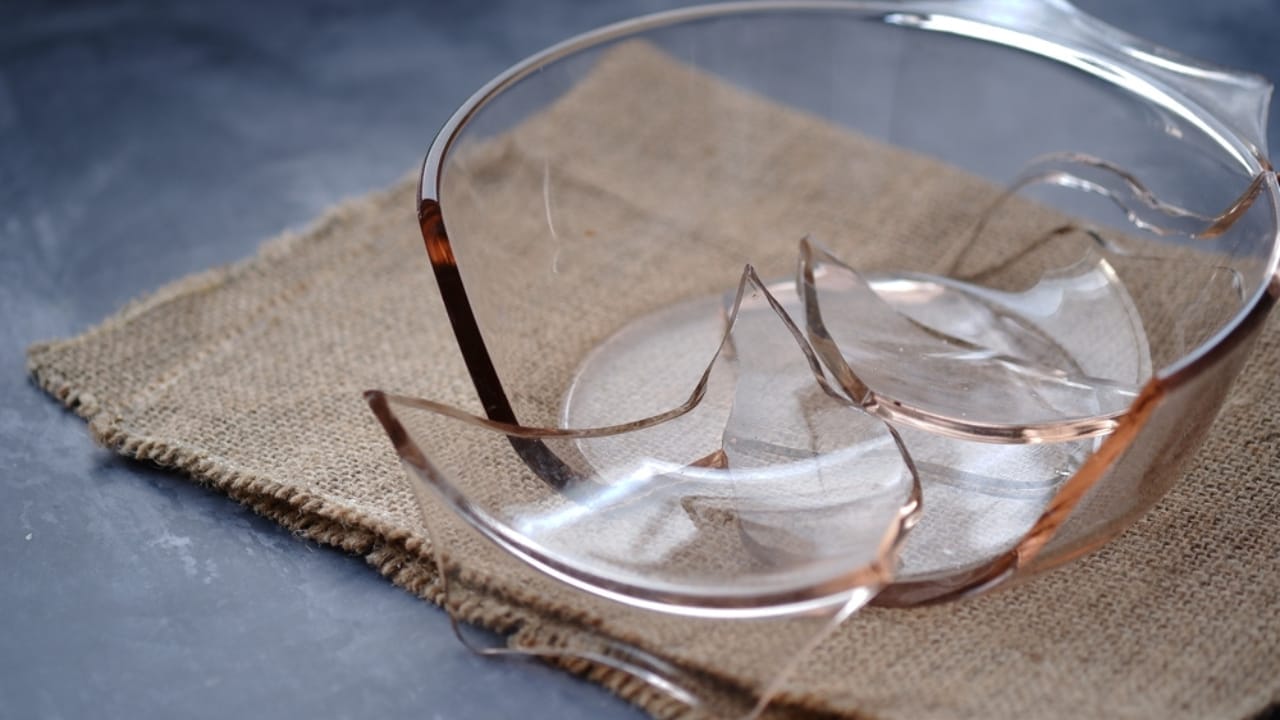
Cracked or warped bakeware can lead to uneven baking, burnt edges, or even leaking batter. If your baking sheets, pans, or muffin tins are damaged, they can compromise the quality of your baked goods and create a mess in your oven. Invest in new bakeware to ensure consistent and successful baking results.
By decluttering your kitchen and removing these items, you’ll not only create a more organized and aesthetically pleasing space but also improve the safety and hygiene of your food preparation area.
Nancy has been a plant person from an early age. That interest blossomed into a bachelor’s in biology from Elmira College and a master’s degree in horticulture and communications from the University of Kentucky. Nancy worked in plant taxonomy at the University of Florida and the L. H. Bailey Hortorium at Cornell University, and wrote and edited gardening books at Rodale Press in Emmaus, PA. Her interests are plant identification, gardening, hiking, and reading.

